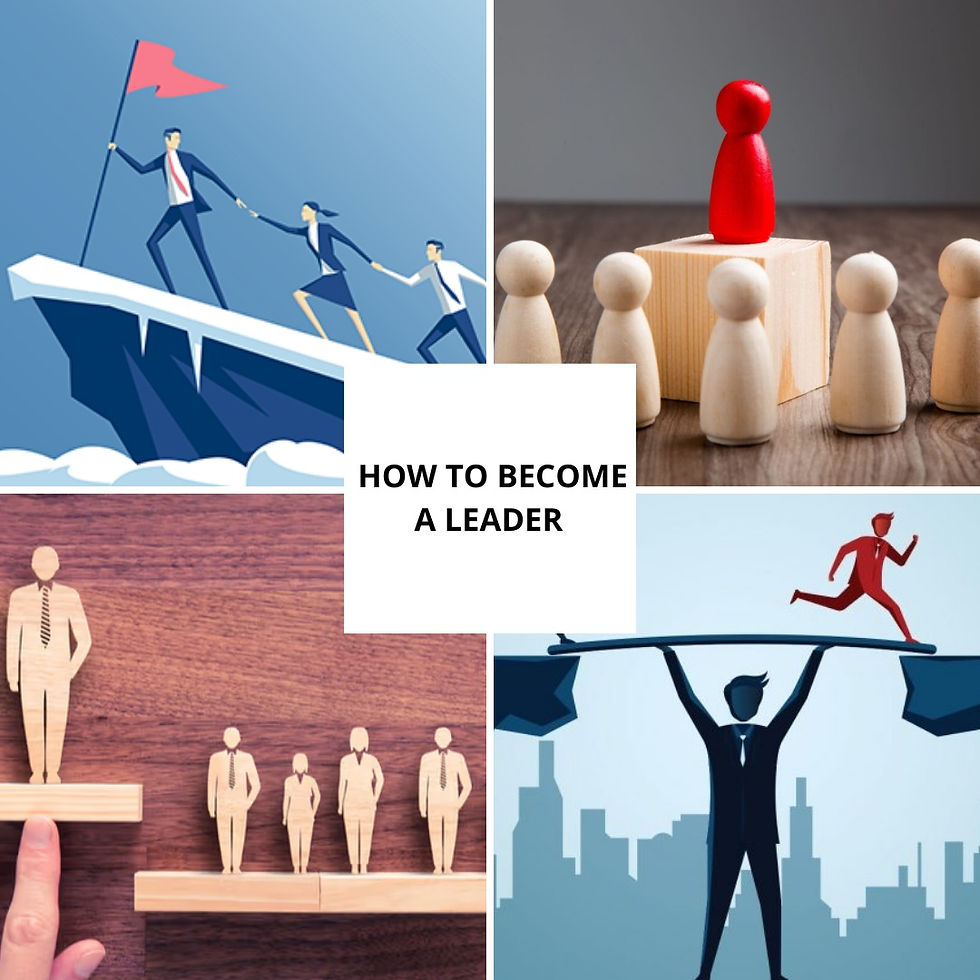Critical Thinking as a Professional Skill: Here are 5 methods to master Critical Thinking
- Sameera

- Nov 11, 2024
- 3 min read
Updated: Nov 16, 2024
One of the most sought-after skills that recruiters and employers look for in employees nowadays is their ability to think critically and solve problems. Now what does ‘thinking critically' mean exactly? Contrary to its etymology ‘critical thinking’ does not entail being overly negative or suspicious of things, but merely suggests a more aware, open and informative way of approaching and dealing with problems. Another very distinct and significant result of critical thinking is coming to conclusions by one’s own thought and opinion through due research. This is extremely important, especially in a professional setting, as it highlights independence and maturity thereby showcasing leadership potential and deep humanitarian and moralistic values.
While we singularize critical thinking as one complete skill, in truth it is an umbrella term encompassing multiple dimensions. These dimensions can be broken down into 5 major aspects, which are:
1) Open minded-ness
● The possibility of anything happening and your readiness to go with the flow is important to make critical thinking a staple of your problem-solving methods. Therefore, open mindedness is extremely important to practicing critical thought.
2) Observation
● Observation is your ability to notice and process intricate details around you. For efficient critical thinking one needs to be observant as by only knowing the truth and objective reality can one make sound decisions.
3) Research
● Critical thinking is incomplete without research, because without intense verification by going through multiple sources and points of view, one cannot come to a reasonable, unbiased and objective opinion of their own.
4) Analysis
● Analytical thinking, while very similar to critical thinking itself, is differentiated by a very clear line of empathy and emotional thinking. Critical thinking involves considering emotional values and consequences while analytical thinking is purely mechanical, mathematical and logical analysis of data and factual information. Critical thinking cannot be complete without an objective understanding of the situation or problem.
5) Inference
● When practicing critical thinking it is easy to get carried away by the torrents of information that one is likely to uncover, but one must consider due research and eventually come to conclusions. Without drawing inference, thinking critically becomes fruitless and essentially useless.
Having understood the aspects of critical thinking and how it generally proceeds, let us now move to 5 tricks through which you can hone your critical thinking skills:
1) Explain it to someone else:
● A great method of clarifying and thoroughly understanding one’s own problems is by explaining it to someone else. By doing this you are more likely to root out logical fallacies and organize your thoughts.
2) Work backwards:
● Working backwards is a simple and fun thing that allows you to fix bugs and other details of you plan that are not quite right in your final solution. Working backwards also helps you root out mistakes, which can be avoided in future endeavors.
3) Create mind maps
● Mind maps are a great way to let your brain work through multiple ideas and scenarios. Having a pictorial representation of your problems makes them easy to solve while also engaging your creative abilities.
4) Read everyday
● Reading every day exposes one to new information daily, it widens your scope and increases your database and awareness. Reading daily also adds the benefit of multiple solutions to your workspace, because if you know more, you’re more likely to do more.
5) Hold debates
● Holding debates is much like explaining something to someone else, but in this method, you must defend yourself from being questioned by the opposition, this is likely to build your defensive capacities as well as expand your understanding.
Critical thinking is one of the most useful tools for one to master, as a critical thinker is most likely to become an excellent employee in lieu of their skills. Becoming an excellent employee exhibiting sound critical thinking skills is also most likely to leadership opportunities as the market demands individuals who can deal with crisis and solve problems.





